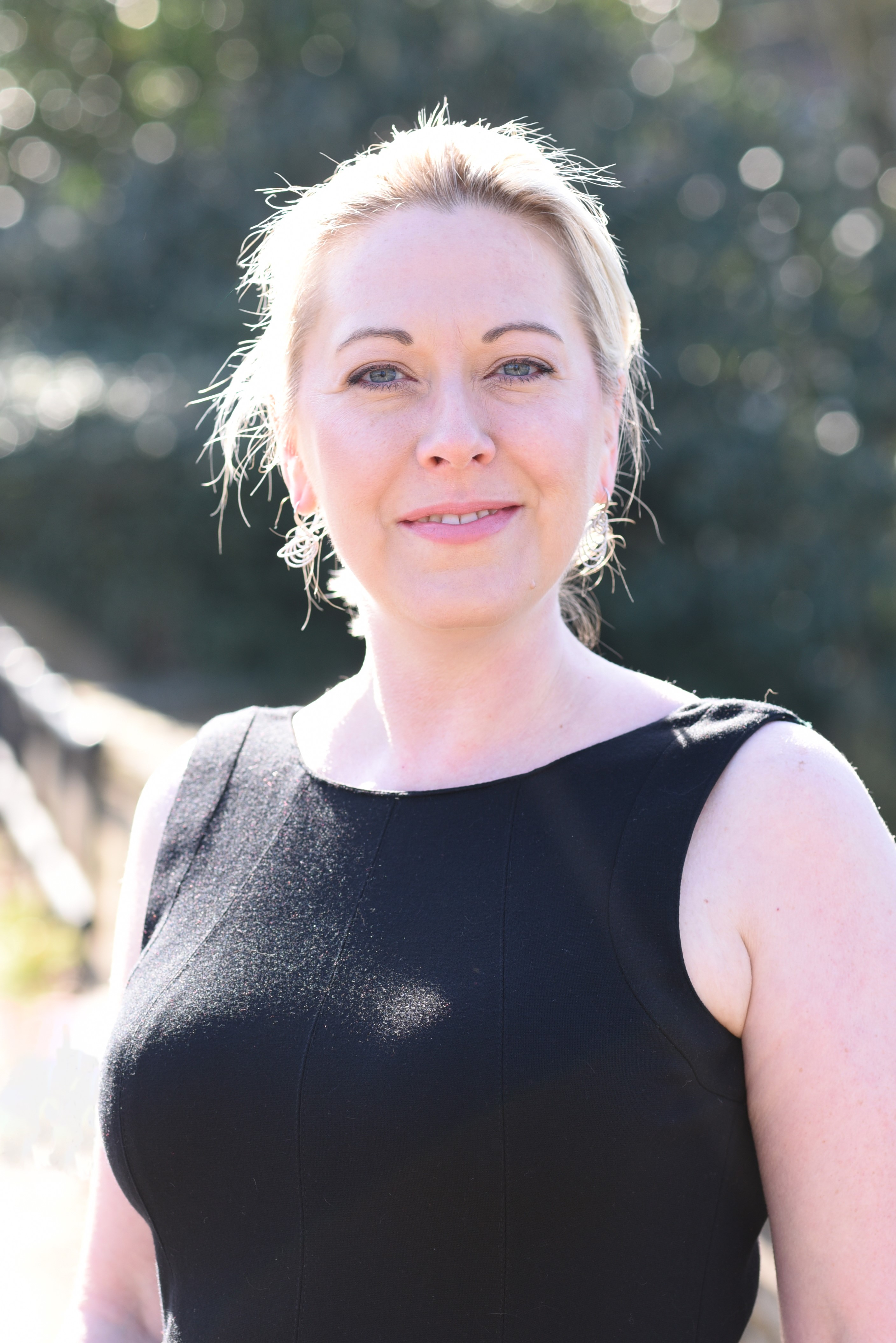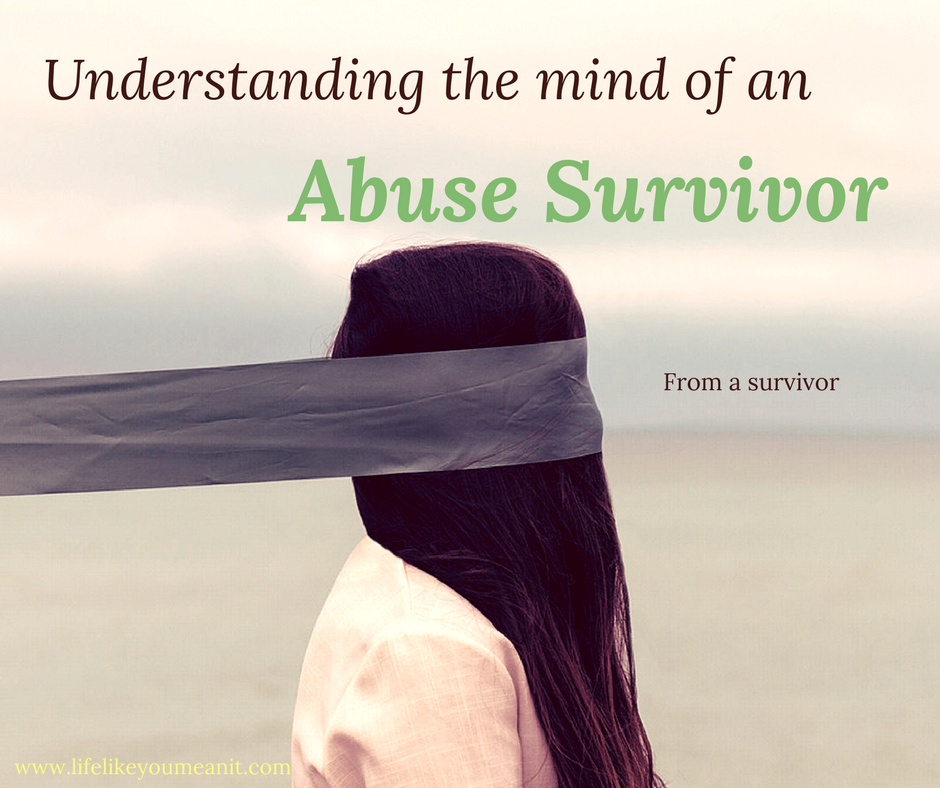Trying to have a relationship when you are an abuse survivor is more difficult than most. There are the obvious difficulties with attachment and trust, but people who have not experienced abuse (thankfully) need to understand the mind of the abuse victim in order to have a successful relationship.

Learning to cope
Speaking from personal experience, having a relationship after abuse is extremely difficult. But, it is difficult not just because you have to fight the intimacy issues, and the hostility issues, and learn to deal with your anger appropriately, or because of the low self-esteem. It is difficult because of the special senses us abuse survivors gained during our abuse. This doesn’t just apply to survivors of child abuse, but also adult abuse, for example in domestic violence cases.
Detachment
Let me explain. When you are being abused, you learn how to cope. You detach yourself from the situation. Many people have heard of this, and it seems very logical. Your mind just sort of wanders from the abuse, especially during violent outbursts. You detach yourself from the pain, both emotionally and physically. You endure.
Eventually, you lose who you are. You methodically go through the motions, not really knowing what you like or dislike, what drives you and what bores you. You don’t know these things because your life is about more than these frivolous things. You can’t afford to have interests, to like things. Disliking something or being bored by something? Don’t be ridiculous. You have no idea what people are talking about. Your life is about survival, plain and simple.
Surviving abuse involves a great deal of detachment. It also involves the formation of a sixth sense. If you are to ever try to have a successful relationship with an abuse survivor, you need to understand this crucial point.
Sixth Sense
Abuse survivors have learned how to anticipate, and in the process, diffuse the situation. I learned this around the age of five. I had perfected it by the age of seven. I learned these skills from being physically, psychologically, and sexually abused for 10 years, in a very crucial time of my life – from the age of 2 until 12 years of age.
During this time, I learned how to read micro-expressions. I started to become even more skilled, the more violent my home life became. The more times I entered my home not knowing what to expect, seeing a smile on my abuser’s face, assuming safety, only to find the maliciousness behind that smile, the more sophisticated my new sense became. My life depended on it, after all.
Sensing the Air
I started to be able to sense the air, the atmosphere of the room. I learned to ‘feel’ it, to understand it. I could feel the tension dripping from the air when I would walk into a room and he was looking for a fight. I began to recognise the smile he showed to others to give a sense a safety and trust, but really showed the anticipation he felt for what the near future held – the pain he would soon inflict on me.
I knew the rules of the house. I dared not break them. I now also understood the hidden rules. I could now anticipate his moods, his words, his feelings, and certainly his actions. And I learned to use this to my advantage, naturally. I used all this to adapt my words, my actions, and even myself. I could give him what he needed in order to avoid certain pain later.
Generally speaking, this ‘special’ sense saved my life. EVERY. SINGLE. DAY. It is the reason I am alive today.
The Effects
Here’s the problem, and what anyone trying to love an abuse survivor needs to understand. That was 30 years ago. I have not been in a situation where my life has depended on that skill a single time since then, yet I still do it EVERY. SINGLE. DAY. Every day, in every situation, I assess my situation. I determine how critical it is. I ‘read’ each person in my environment to determine the threat.
I especially do this in my relationships. Every relationship I have ever had, from friendships to romantic relationships, I have ‘felt’ the atmosphere in the room. I read something into everything. This is a skill that is part of me, and no matter how much time passes, it will never leave.
I can walk into a room and tell you who is upset at someone, who is down-right fighting with someone, who is in love, who is shy and intimidated, and who is attempting so hard to gain trust. I can also tell you who cannot be trusted, with no evidence what-so-ever.
I always second guess myself, thinking I am being pessimistic, reading too much into a situation, only to find out later just how right my instinct was.
Loving an Abuse Survivor
Great, right? Sure, if you want someone in your life that is constantly assessing the situation. However, if you are hoping to marry, as my fiancé is, well…. you have a bit of work ahead of you. Marriage is not going to change anything. Abuse survivors are always going to be, well, survivors. I am always going to assess the situation, adjust to the ‘feeling’ in the room, be what the people in that room need me to be, and do what I need to do to survive.
Expression
Thankfully I have learned to verbally express what I am feeling. And even more thankfully, I know I have a man that understands, because I verbally express myself each time I need to. I tell him what I’m feeling, and we speak openly of my abuse. He hates that it happened to me, but recognises that it was a lifetime ago and I have done, and continue to do, what I need to to grow from my experiences. He knows that when I react in a way that is not ‘normal’, or tell him I’m sensing something that I can’t put my finger on, that this is who I am, because of the abuse.
Communication
Communication is key, and what I failed to have in other relationships, including a previous marriage. I communicate not just the facts of the abuse, but when my senses have kicked into high gear. And because I’ve communicated this, he is more patient. Let’s face it, sometimes he is giving off negative energy because of work, or other stresses. The world does not revolve around me, so not everything happening around me has anything to do with me. But I will perceive it this way, because this literally saved my life for 10 years. No amount of time is going to change that. Luckily, me learning to communicate all this, to a man who is strong enough to attempt to understand it, has led to my first successful relationship in my entire life.
One Foot out the Door
There is a large part of me that feels I am still in that house, still fighting for my life every day. It makes me need to fight every day to attach myself to this life I have created, with my man and his wonderful sons. I fight to let them, and others, in and I fight to let them stay. In my survivor’s mind, I will always be looking for the way I can save myself if things go wrong. I will always be on heightened alert. I will always have one foot out the door.
That is not just my battle, it has also become his. He fights through this with me every day, not really understanding it, but respecting it. It’s not every man that can do that.
Really Fall in Love with HER
To have a relationship with an abuse survivor doesn’t just mean you need to listen to what they endured years ago. It means you need to be able and willing to live with the consequences of that abuse for the unforeseeable future, because how she survived that abuse is now her nature. It has made her who she is, and it isn’t going anywhere. But, isn’t that what drew you to her in the first place? Didn’t you fall in love with her because of who she is?

Lisa Cybaniak is a survivor of 10 years of physical, psychological and sexual child abuse. She is a motivational speaker and blogger, helping shed the stigma of being abused. She is the founder of Life, like you mean it!, dedicated to helping survivors of abuse survive well, having the life they deserve.
Book a complimentary call with Lisa to see how she can help you process your unique journey, and transform your life to one of meaning, love and ultimate happiness. You deserve it.
Originally published at www.lifelikeyoumeanit.com


